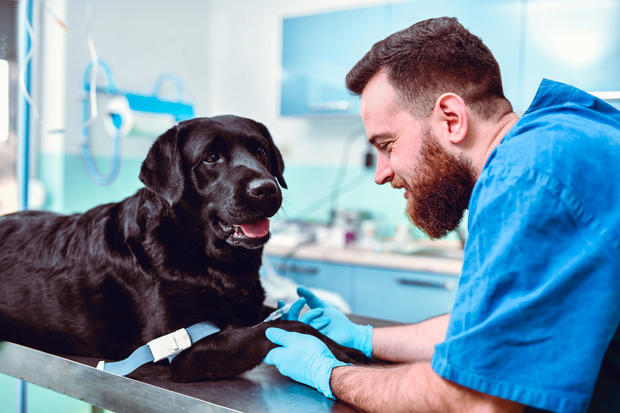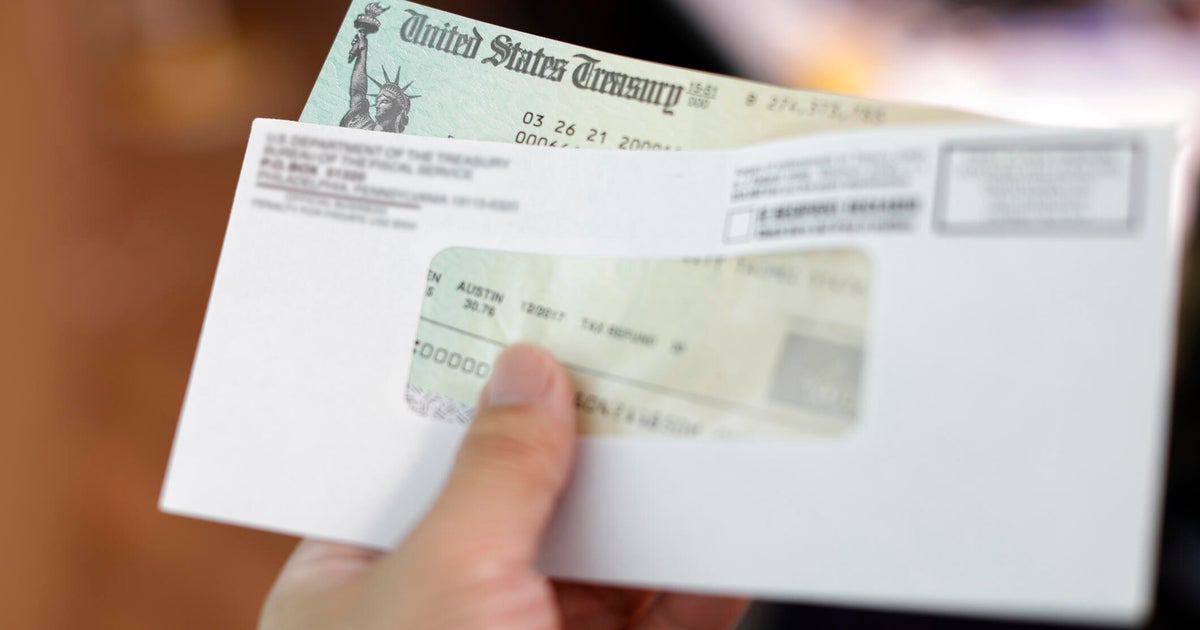Does pet insurance cover surgery?
If you have pets, chances are you look at them like family. So, when your pets get sick, you probably take them to the vet. After all, you don't want them to suffer.
With the growing cost of veterinary care, there's a strong possibility that you're thinking about purchasing pet insurance. On the other hand, any time you add a recurring monthly expense to your budget, you want to make sure you're getting your money's worth.
Sure, vet visits can be expensive in and of themselves, but when it comes to surgery, the cost can be extreme. If pet insurance covers this cost, it's likely worth the premiums - but does pet insurance actually cover surgery? That's what we will explore below.
Get pet insurance today to make sure your pet is covered.
Does pet insurance cover surgery?
Yes, pet insurance can cover surgery. But whether or not your pet insurance will cover your pet's specific procedure typically depends on a few factors. Those include:
- Type of insurance: If you have comprehensive insurance, there's a strong chance that your insurance will cover your pet's surgery. On the other hand, if you have accident-only insurance, it will only cover surgeries associated with accidents like broken bones or items accidentally swallowed.
- Condition history: The vast majority of pet insurance providers don't cover pre-existing conditions. So, if your pet had a history of the condition the surgery is intended to treat before you purchased your coverage, your policy probably won't pay for it.
- Exclusions: Every insurance policy is different, and some policies come with specific exclusions. If the surgery your pet needs is on the exclusion list, your insurance isn't likely to cover the cost of the procedure. For example, many insurance companies don't cover spay and neuter expenses.
Find out how affordable pet insurance can be today.
How much does pet surgery typically cost?
How much money can you expect to pay if your pet needs a surgery? That depends on the type of pet you have and the type of surgery your pet needs. Here's what to expect for dogs and cats:
- Dogs: If you have a dog that needs surgery, you can expect to pay anywhere from $500 to $7,000, depending on the type of surgery your dog needs according to Lemonade, a leading pet insurance company.
- Cats: Lemonade suggests that cat surgeries typically cost anywhere from $500 to $5,000, depending on the procedure your cat needs.
It's important to keep in mind that there are other costs involved in surgery too. For example, you'll also need to pay initial exam fees, any costs associated with diagnostic testing and potential overnight hospitalization fees. These expenses can easily cost hundreds, if not thousands, of dollars.
What percentage of surgery costs does pet insurance cover?
If your pet insurance provider covers your pet's surgery, there's a slim chance that it'll pay 100% of the bill. Most pet insurance policies have a deductible plus coinsurance. This means that the insurance provider doesn't pay anything until you meet your deductible. Once you've paid that amount, the insurance provider covers a predetermined percentage of your vet bill, typically between 70% to 90%.
For example, say you find out that your dog needs a $6,000 gastrointestinal surgery. Although your insurance covers the surgery, you have a $500 deductible. In this case, the remaining vet bill for the surgery after your deductible would be $5,500. Here's how much your insurance company would pay based on different coverage percentages:
- 70% coverage: Insurance would pay $3,850 of your pet's surgery cost.
- 80% coverage: Insurance would pay $4,400 of your pet's surgery cost.
- 90% coverage: Insurance would pay $4,950 of your pet's surgery cost.
Why you should get pet insurance as soon as possible
As you can see, pet insurance can make a big difference in your final cost if and when your pet needs surgery. But if you want to make sure your pet is covered and that your insurance is worth the premiums, it's important to purchase your policy as soon as possible. Here's why:
- Your pet's health: Health generally declines with age. That's true for humans and pets alike. So, the earlier you purchase pet insurance, the lower the likelihood that your pet will have pre-existing conditions when you do.
- Your premiums: Insurance premiums are based on the risk the policy poses to the insurance company. Older pets are far more risky to pet insurance companies than younger pets. As such, you'll typically pay lower premiums if you purchase pet insurance while your pet is young.
The bottom line
Pet insurance may cover your pet's surgery. That's especially the case if you purchase comprehensive coverage before your pet develops any health conditions. To improve your pet's chances of coverage if and when your they need surgery, purchase your insurance policy as soon as possible.




